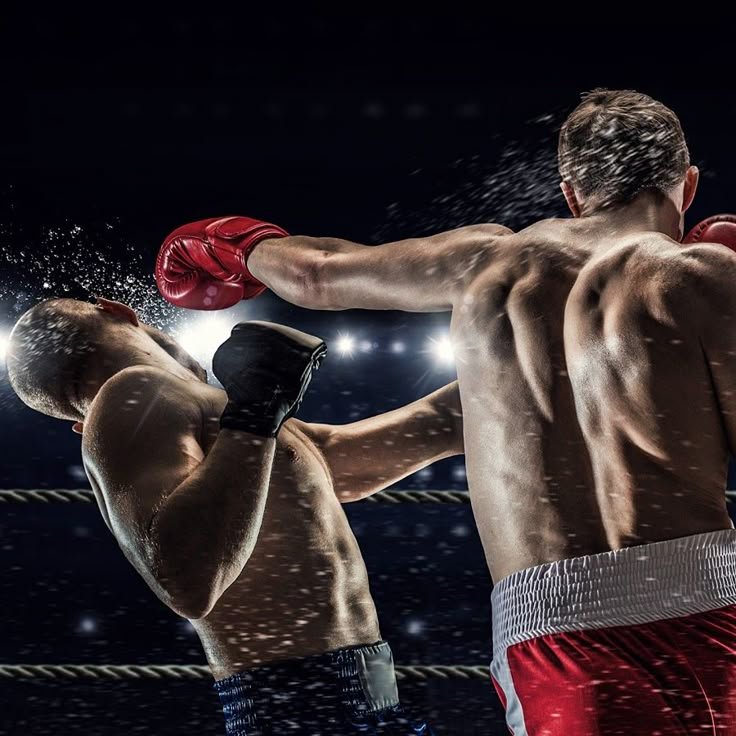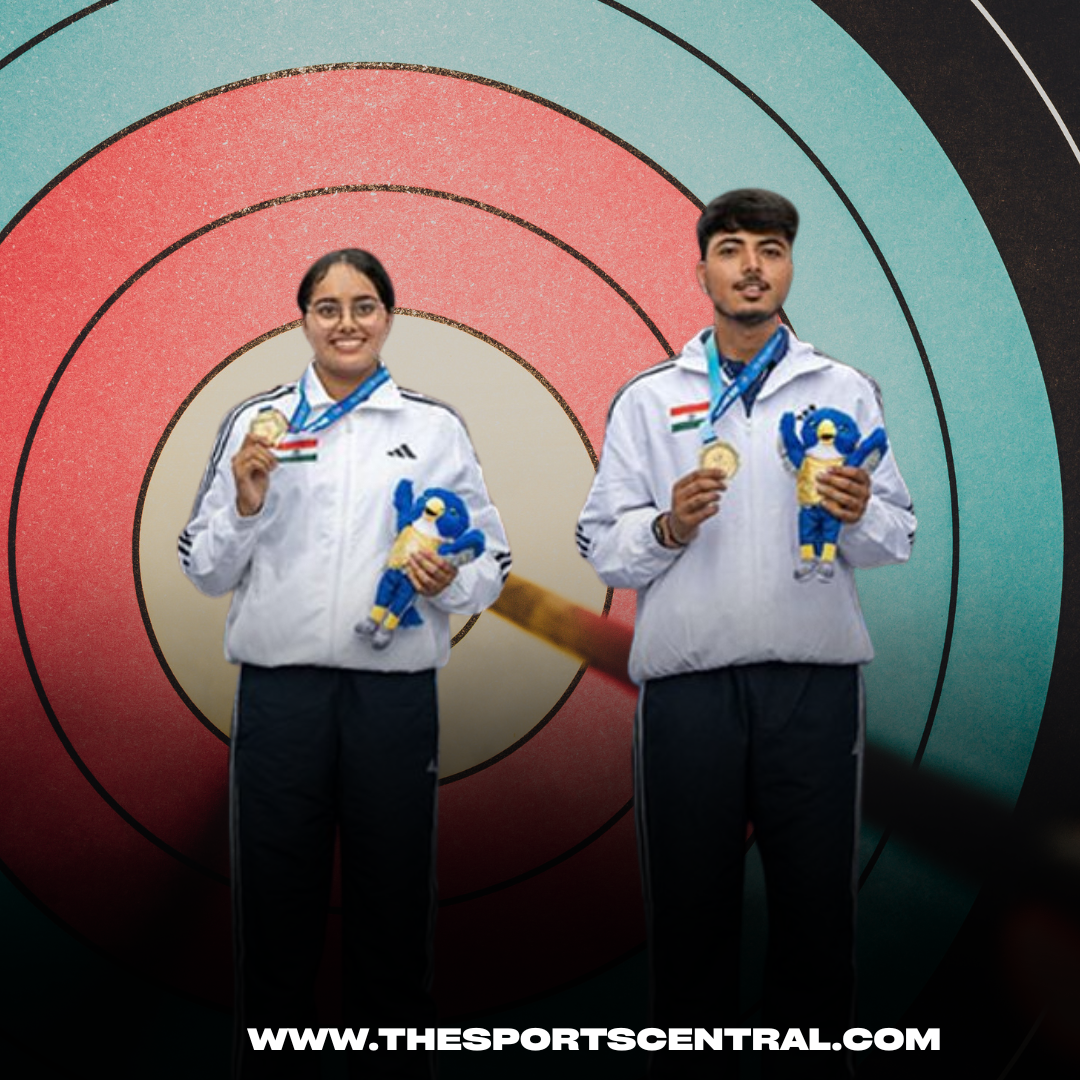India’s ultra-endurance cyclist John Gwite just made history. He set a new national record at the Race Around Poland (RAP), one of the world’s toughest ultra-endurance cycling events. He completed the 3,600 km course in 237 hours, which is 9 days and 21 hours.
This remarkable feat beat the previous Indian record of 274 hours and placed Gwite among the elite names in ultra-cycling. Over 60 world-class athletes participated in this year’s edition of RAP, and Gwite outperformed many veterans with his sheer grit and solo strength.
A Solo Battle Against Poland’s Fierce Terrain
The Race Around Poland runs along the country’s perimeter and includes a brutal elevation gain of over 31,000 meters. That’s more than three times the height of Mount Everest.
This race doesn’t allow support teams or external help. Each rider manages navigation, food, sleep, repairs, and endurance entirely alone. There are no team cars, no pacers, and no cheering crews. It’s a battle of the mind, body, and willpower.
Despite these brutal conditions, John Gwite stayed on course with unwavering focus. He fought through storms, fatigue, mechanical breakdowns, and hunger. He slept sparingly and made every minute on the saddle count.
Who is John Gwite?
John Gwite comes from India’s North East, a region known for its hilly terrain and athletic spirit. He is no stranger to high-altitude treks, long solo rides, and physical hardship.
He started cycling seriously just a few years ago. However, his commitment to ultra-distance rides grew quickly. Gwite trained rigorously for this event, riding thousands of kilometers across India’s varied terrain. From the humid coasts to the Himalayan slopes, he used every climate to sharpen his stamina and mental toughness.
Gwite also mastered the technical aspects of endurance riding—bike repair, nutrition, hydration strategies, and rest cycles. Every detail mattered when preparing for a race like RAP.
The Race Around Poland: A Brutal Test of Endurance
Ultra-cyclists around the world respect RAP for its intensity. It’s not just a physical challenge but a psychological marathon.
The course snakes through mountain ranges, deep forests, narrow village roads, and windy plains. Riders face extreme temperature swings—from daytime heat to freezing nights. Rain, headwinds, and endless climbs try to break their spirit.
Only riders with the most solid mental discipline finish the race. And finishing under 10 days is rare. When Gwite crossed the finish line in 237 hours, he not only broke the Indian record but also sent a powerful message: Indian cyclists can dominate on international terrain.
No Support, Just Strategy
Gwite followed the strict self-supported format of RAP. He carried his gear, bought food en route, and found places to sleep. Planning played a massive role in his success.
He mapped out rest stops in advance. He carried enough spare parts to fix basic mechanical failures. He managed his body’s signals—hydrating before dehydration set in and refueling before hitting a wall.
He chose a lightweight endurance bike with strong tires and reliable gearing for steep climbs. Every choice made during training reflected on the road.
Riders in unsupported races must also track their progress via GPS, and failure to follow the route accurately results in disqualification. Gwite maintained accuracy and speed without sacrificing either.
Physical and Mental Conditioning
Finishing a 3,600 km race with 31,000 meters of climbing demands more than strong legs. It needs a strong heart, lungs, back, and core. Gwite focused on full-body conditioning. He trained with long rides, gym sessions, altitude exposure, and yoga for flexibility.
But the real strength came from his mind. Riding alone for nearly 10 days without conversation or encouragement can drain anyone. Gwite developed meditative focus and sharp mental routines.
He fought hallucinations, knee pain, sleep deprivation, and muscle cramps. Still, he pedaled forward. Many cyclists quit around the 2,000 km mark. Gwite passed it and pushed harder.
Why This Record Matters for India
India has a rising cycling culture, but ultra-distance racing still flies under the radar. Most people know about Tour de France, but not about RAP or Race Across America (RAAM)—the gold standard of endurance cycling.
Gwite’s record acts as a wake-up call. Indian cyclists can compete globally. They can perform at elite levels in self-supported formats. This win also brings attention to India’s untapped potential in endurance sports.
Training infrastructure, sponsorships, and community support often fall short in India. Yet, Gwite trained with limited resources and still succeeded. His success could push more investment into ultra-cycling from Indian brands and institutions.
What’s Next for John Gwite?
John Gwite’s RAP finish qualifies him for the Race Across America, a 4,800 km race across the U.S.—the most prestigious ultra-cycling race in the world.
He plans to rest, recover, and begin preparations for RAAM. He hopes to inspire more Indian cyclists to pursue ultra-racing. His dream? To build a homegrown ultra-cycling community that thrives on passion, preparation, and perseverance.
He also wants to give back by coaching, mentoring, and promoting endurance sports in the North East and beyond.
Final Thoughts
John Gwite didn’t just break a record—he broke a barrier. In a sport that often feels dominated by Europe and the West, he showed that Indian athletes can endure, compete, and win.
He didn’t ride for fame or fortune. He rode for the love of cycling and the thrill of pushing human limits.
The 3,600 km Race Around Poland tested everything: his strength, strategy, soul, and stamina. And Gwite proved that a lone Indian rider with vision and resolve can conquer even the most unforgiving race.
As he steps into the global spotlight, he brings with him not just a medal but a message: India rides strong, and this is just the beginning.










